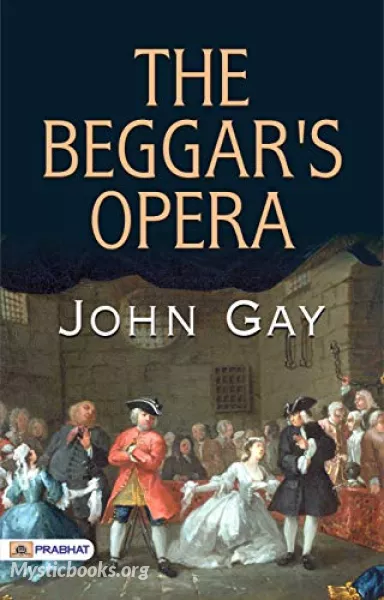
The Beggar's Opera
by John Gay
'The Beggar's Opera' Summary
"The Beggar's Opera" by John Gay is a satirical ballad opera first performed in 1728. Set in the criminal underworld of London, it uses witty dialogue and songs to mock the conventions of Italian opera and the corruption of the times.
The central character is Macheath, a notorious highwayman and rogue. He is a charismatic but unscrupulous man who is married to Polly Peachum, the daughter of a notorious fence. However, he also has romantic entanglements with Lucy Lockit and other women. Polly discovers Macheath's duplicity, leading to conflicts and complications.
The narrative revolves around Macheath's misadventures, run-ins with the law, and the tangle of relationships he finds himself in. The story takes the audience through a series of humorous and often absurd situations, showcasing the moral decay and societal hypocrisy of the time.
John Gay's writing style is sharp, witty, and filled with biting satire. The dialogues and songs are designed to lampoon the upper classes, the legal system, and the political landscape. The use of common language and relatable characters made the play accessible and entertaining for a broad audience.
In summary, "The Beggar's Opera" is a scathing satirical work that uses a mix of humor, music, and clever writing to critique the society of its time. The characters, especially Macheath, and the intricate plot provide a lens through which the audience can view and critique the societal norms and values of 18th century England.
Book Details
Authors
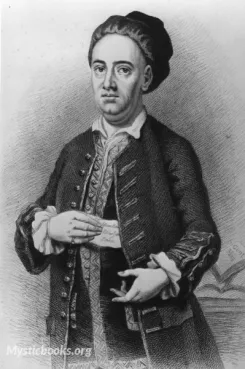
John Gay
United Kingdom
John Gay (1685-1732) was an English poet, playwright, and satirist. He is best known for his ballad opera The Beggar's Opera (1728), a satirical work that was a huge success at the time and is still p...
Books by John GayDownload eBooks
Listen/Download Audiobook
- Select Speed
Related books
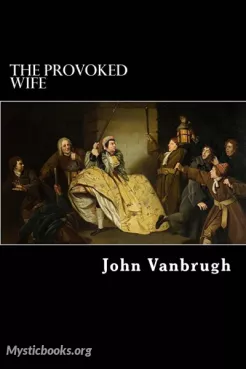
The Provoked Wife: A Comedy by John Vanbrugh
This engaging play explores the intricacies of marriage and societal expectations with a clever blend of wit, satire, and uproarious humor. Written i...
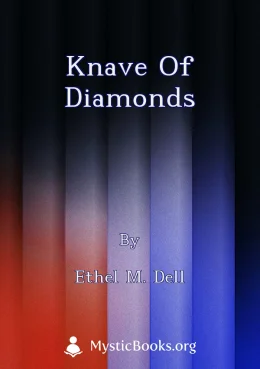
Knave of Diamonds by Ethel M. Dell
Ethel M. Dell's "Knave of Diamonds" is a captivating tale of love and societal constraints set against the backdrop of the English countryside. Lady A...

Memorias de Martha by Júlia Lopes de Almeida
Memórias de Martha é um romance que retrata as condições de vida precárias de mulheres pobres no Rio de Janeiro do século XIX. A história acompanha Ma...
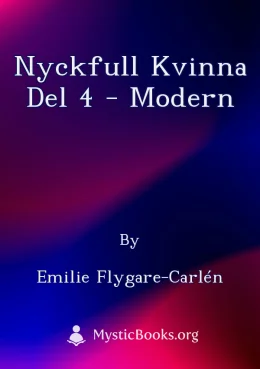
Nyckfull kvinna del 4 - Modern by Emilie Flygare-Carlén
Nyckfull kvinna del 4 - Modern continues the story of Edith and Ernst's tumultuous relationship. After a near-separation fueled by jealousy and suspic...

Ram Alley, or Merry Tricks by Lording Barry by Lording Barry
Ram Alley, or Merry Tricks is a play by Lording Barry, a contemporary of Shakespeare, set in a vibrant and disreputable London street teeming with div...
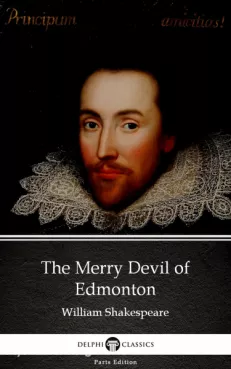
The Merry Devil of Edmonton by William Shakespeare
It is a captivating play filled with humor, romance, and supernatural elements. This lively and entertaining work showcases Shakespeare's unparalleled...
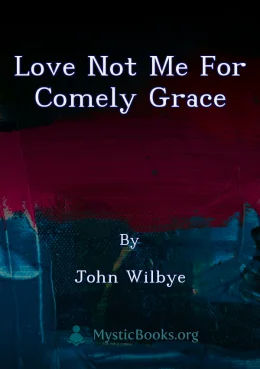
Love not me for comely grace by John Wilbye
This book is a collection of recordings of the madrigal 'Love not me for comely grace' by John Wilbye, a renowned English composer of the Renaissance...
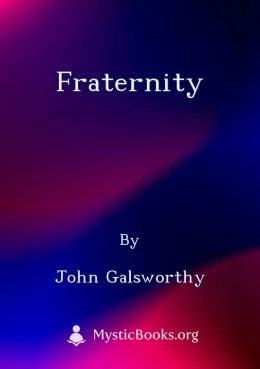
Fraternity by John Galsworthy
Set in early 20th-century England, *Fraternity* explores themes of social class, artistic expression, and the complexities of human relationships. The...
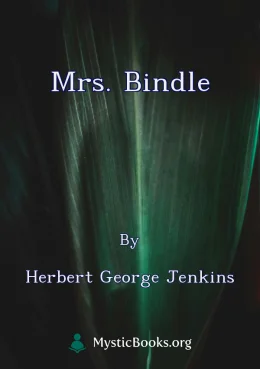
Mrs. Bindle by Herbert George Jenkins
Mrs. Bindle is a collection of humorous stories that offer a glimpse into the lives of a working-class Cockney family in early 20th century London. Th...

Maias: episodios da vida romantica by José Maria de Eça de Queirós
Os Maias é um romance de Eça de Queirós que retrata a decadência da aristocracia portuguesa através da história da família Maia. A obra acompanha Carl...
Reviews for The Beggar's Opera
No reviews posted or approved, yet...